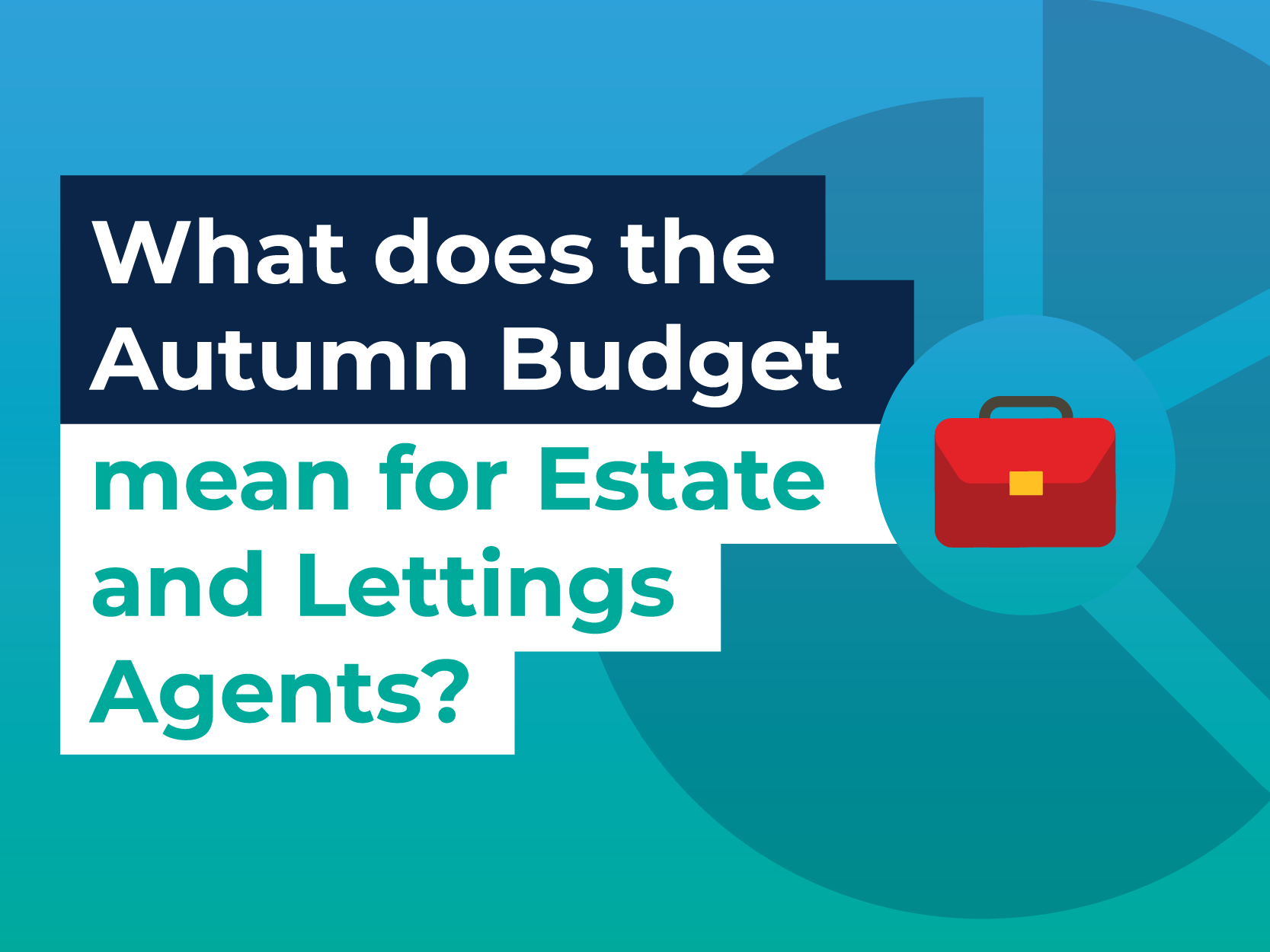Blog
All the latest from The ValPal Network

What the Budget means for agents
by Craig Vile
Britain’s first female Chancellor of the Exchequer, Rachel Reeves, put up taxes by a whopping £40bn in her Autumn Budget, but will the property market feel any benefit?
The NHS and schools were the biggest beneficiaries in the Labour Government’s first Budget since 2010.
Businesses could be said to be the biggest losers because of a 1.2% increase in employer National Insurance contributions up from 13.8% to 15%. Although that may, in time, impact employees as some bosses may pass on that rise in the form of lower pay increases or a reduction in recruitment.
However, despite Opposition claims to the contrary, Reeves stressed that she fulfilled her manifesto promise not to raise income tax rates, NI or VAT on working people.
Besides the additional nics payment from next April, traditional agencies will also face an increase in the minimum wage which will go up by 6.7% to £12.21 an hour. This might deter owners from taking on more full and part-time staff as their wage bill grows.
In terms of other cost increases, there will be some relief that, despite predictions to the contrary, the Chancellor decided to continue to freeze fuel duty, meaning the price at the pumps will be unaffected.
What about the sales market?
Despite calls for a reintroduction of some form of Help to Buy scheme, Rachel Reeves made no announcement of additional support for first time buyers which would have provided added impetus to an already recovering market.
Instead, this may come, in the short term at least, through the Chancellor’s decision to stick to the previous government’s plan to revert to previous levels in March 2025.
Temporary stamp duty relief has been in place for FTBs since 2022 and no stamp duty is paid in England and Northern Ireland on property priced up to £425,000.
Next Spring the duty will be payable on homes priced over £300,000 – so this gives would-be home owners five months to find a property and escape the duty.
A reform of the rules could also have encouraged more downsizers to enter the market but this option was also rejected by the Chancellor.
Nevertheless the prospects for the market look encouraging for the remainder of 2024 and into next year. Interest rates are falling and further cuts are predicted, mortgage approvals are the highest they’ve been since 2022 and prices are beginning to edge up once more.
What about the letting market?
The much-rumoured increase in Capital Gains Tax did not materialise, but just as landlords breathed a sigh of relief, they were hit with a stamp duty increase on second homes – up 2% to 5% from October 31st. Landlords with sales in progress may be caught on the hop through not budgeting for such a change and it may deter some from investing further in the private rented sector.
On the other hand, Reeves did announce CGT increases on other, non-property assets so investors may be tempted to switch to residential property.
Landlords who have been calling for alterations to the Section 24 of the Finance Act 2015 which removed a landlords right to deduct mortgage interest payments from their rental income, were, again disappointed. No change was announced.
And there will be no change in housing benefit for the most hard-pressed tenants as it was announced that rates will be frozen for next year.
Were there other measures related to property?
The Chancellor announced changes to inheritance tax thresholds with the first £325,000 of any estate being inherited tax-free, increasing to £500,000 if the estate includes a residence passed to direct descendants and £1m when a tax-free allowance is passed to a spouse or civil partner.
She committed £5bn to the UK Government’s housing plan and £3.1bn for the Affordable Homes Programme.
Right to Buy discounts will be reduced so councils can reinvest more cash into the supply of social housing.
- National Insurance contributions by employers will rise from 13.8% to 15%, with some exemptions for small businesses.
- Capital gains tax increases - lower rate will rise from from 10% to 18%, and the higher rate from 20% to 24%.
- Extending the inheritance tax threshold freeze.
- Stamp duty land surcharge for second-homes will increase by 2% to 5% from tomorrow.
- No extension of the freeze in income tax and National Insurance thresholds beyond the decisions of the previous government. From 2028-29, personal tax thresholds will be uprated in line with inflation.
For more information about how you can prepare for changes and use the Budget announcement to attract more vendors and landlords, get in touch with us on 0208 663 4930 or email team@valpal.co.uk

Want to hear more?
Leave your name and contact details with us and we'll get back to you shortly!
Alternatively, you can contact us directly.
